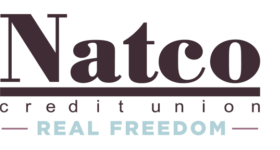An Appraisal is a written estimate of the value of a property, prepared by a qualified appraiser. Mortgage lenders will always require a property appraisal before approving a home loan.
The most popular method of appraising a home is the “sales comparison” method. It involves examining recent home sales in the area (often called “comparables” or “comps”) and selecting the ones most like the property being appraised (the “subject property”). The subject property’s condition, construction quality and features are compared to the comps, and its value is adjusted up or down.
There is also the “income” approach which is used primarily when valuing an investment or rental property. The appraiser takes the rental income of either the subject property (if rented) or similar comps and calculates the price that would provide the rate of return a typical investor would require for a similar property.


